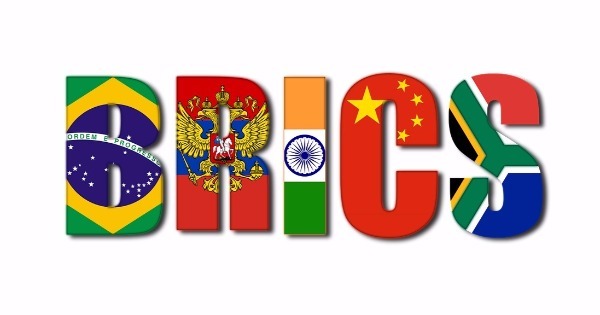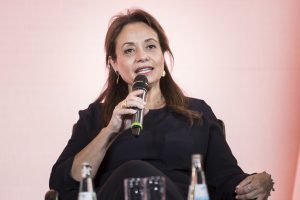In celebrating ten years of existence, the ongoing gathering of countries, Brazil, Russia, India, China and South Africa (BRICS) has highlighted the establishment of the New Development Bank as one of its most important achievements.
The bank which was established to fill a critical gap in project funding has since its formation, disbursed loans totalling USD5.1 billion, with approvals amounting to USD1.7 billion this year alone. As BRICS enters the second decade of cooperation, South African, President Cyril Ramaphosa, when delivering his opening speech at the 10th BRICS Summit held in Johannesburg on Wednesday, said they are determined to expand the bank’s role in economic and social development.
Jay Salkin, the Advisor at the Research and Financial Stability Department of Bank of Botswana, personally foresees Botswana borrowing money from the BRICS bank, as he says Africa’s development is severely constrained by a massive infrastructure gap, Botswana included.
“I can envisage Botswana drawing on the BRICS New Development Bank to finance some of the infrastructure it needs for sustainable development, including in areas that will foster increases in exports and foreign exchange earnings, that can be used to help with the related debt service obligations,” he explained.
However, he said care must be taken to only borrow for viable projects and to avoid the debt trap. He says this at a time when US top officials have accused China of overloading poor nations with debt through large-scale infrastructure projects that are not economically viable.
Other than the bank, intra-BRICS trade has grown from USD567 billion in 2010 to D744 billion in 2017. With a combined GDP of approximately USD15 trillion, BRICS countries account for 19.3 percent of gross global product; 42.7 percent of the world population. It is hence said to have contributed more than 50 percent to the world economic growth during the last 10 years.
Given the economic strength of this gathering, their some in Batswana who feel that South Africa should not just look out for itself but should advocate for inclusive growth in the region and beyond.
Mmoloki Gabatlhaolwe, an Independent Scholar on Africa-China Engagements said BRICS has the capacity of ending poverty in Africa. “Any group of countries can cause a massive impact on the world if they put their mind, knowledge and technologies and resources to it. This can be enabled by the experiences of countries that make BRICS; they all share the problems of poverty – problems such as inequality and unemployment – one way or the other. So it’s upon South Africa to make sure that development within its African region is an inclusive one,” He said.
Disparities exist within the BRICS membership, with China’s economy being 22 times that of South Africa. How BRICS fixes this will reflect well into what BRICS wants to be or achieve. Poverty remains Africa’s biggest problem, with 400 million people living below accepted international standards of sustainable living.
The idea, Gabatlhaolwe said, is that as BRICS continue to come up with sustainable solutions addressed towards hunger and poverty obliteration using their technologies and methodologies for agricultural growth, they will assist in strengthening development of the region as Africa is expected to increase its production and productivity with similar tools and approaches.
Of current, the BRICS are amongst the largest investors in Africa; they are large consumers of many African exports, and, in a number of areas, they are major co-operating development partners. Nevertheless with South Africa’s influence, more is believed to be possible for Africa’s overall inclusive development.
Right now, South Africa is pushing for Medium, Small and Micro Enterprises (MSME) development and promotion within its borders. SMME development is critical for employment creation, poverty reduction, inclusive growth and improvements in, reducing, income inequality. Such enterprise growth, if realised also in the Southern African region, will give rise to a number of positive socio-economic development and welfare enhancing spillovers, helping to foster social harmony and political stability, which will further contribute to development.
-END-





